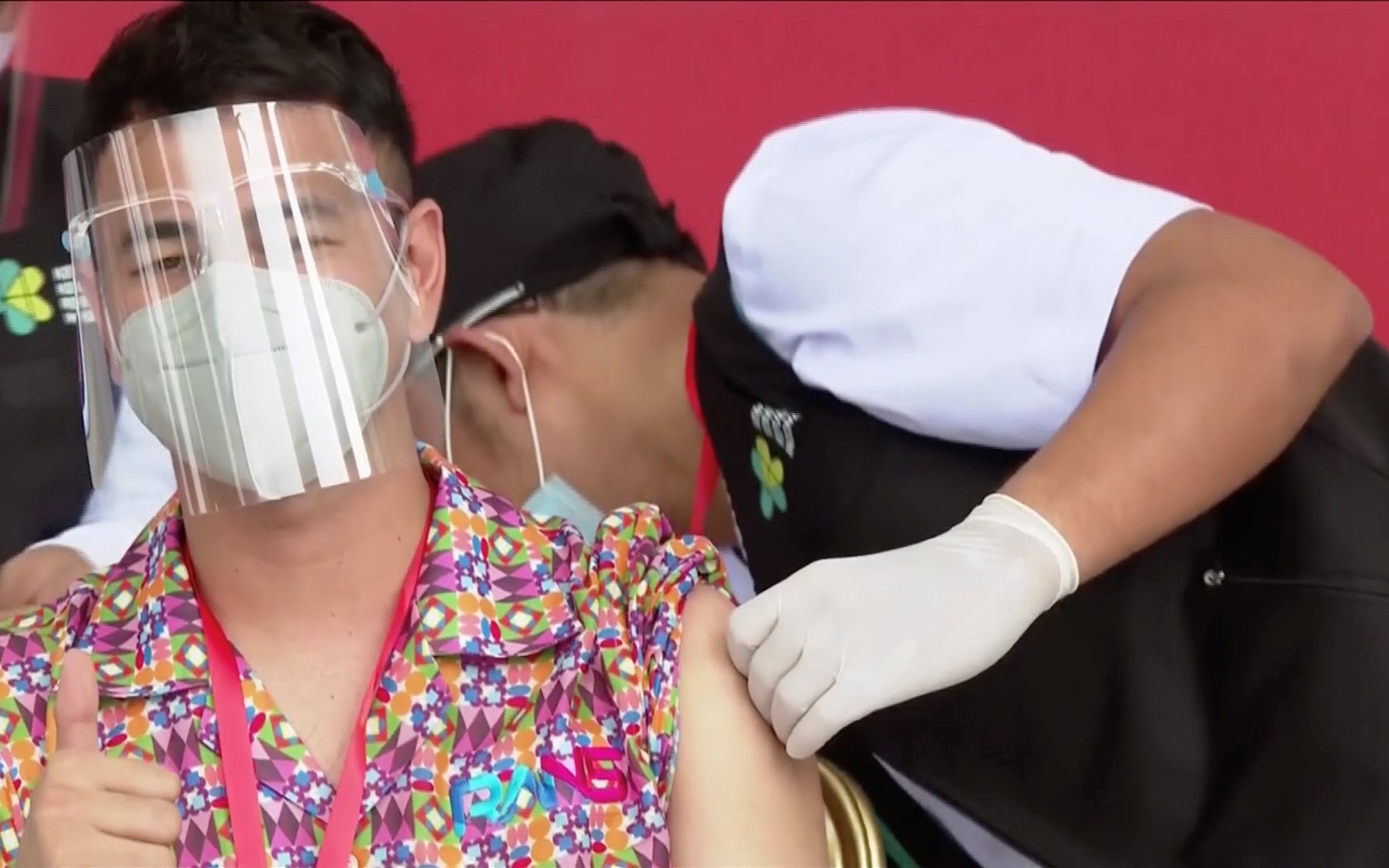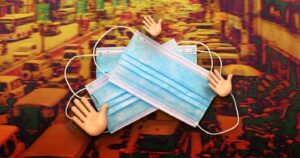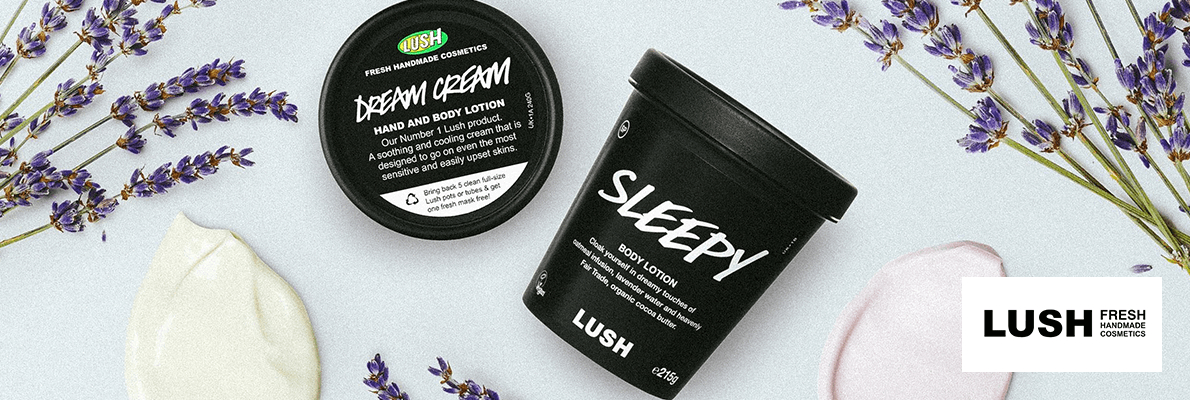As part of our efforts to vaccinate the population against COVID-19, governments are in unison to administer the vaccine to those who need it the most: medical frontliners who, in giving primary care, are the most vulnerable to the virus.
Indonesia, however, is taking a different approach. Instead of frontliners, another group is ahead of the population in getting the COVID-19 vaccine: social media influencers.

On Wednesday, Indonesia, currently faced with the most severe coronavirus outbreak in Southeast Asia at over 869,000 cases and over 25,000 deaths, initiated its vaccination drive. Joining Indonesian President Joko Widodo in the first round of inoculation was Raffi Ahmad, one of Indonesia’s biggest TV personalities who has about 50 million followers on Instagram and millions more across the nation.
“Alhamdulillah [Praise be to God] today, Vaksin Perdana [first vaccination] with Pa @jokowi. Thank you for your trust … for Beloved Indonesia. Come on, vaccines, come on, don’t be afraid [of] vaccines guys!!! Hopefully we are always healthy and the bad Covid virus disappears from this Earth and Indonesia,” Ahmad wrote under a photo of him President Widodo.
Siti Nadia Tarmizi, Indonesia’s senior health ministry official, said that involving influencers in its initial vaccination drive was the government’s strategy to boost Indonesians’ confidence on the vaccine.
A poll held last December, when vaccines were starting to roll out, revealed that only 37% of Indonesians were willing to participate in inoculation efforts. 40% would consider going through it, while 17% outright said they wouldn’t.
Surprisingly, Indonesians’ skepticism over the vaccine’s safety and efficacy isn’t that much different from ours. While Indonesia’s Islamic council has already regarded the vaccine as halal or permitted under Islam belief, Indonesians remain anxious over the government’s selection of Chinese-based Sinovac Biotech’s CoronaVac vaccine. This is the same brand of vaccine that news reports have revealed to have an efficacy rate of at least 50%, based on studies done in Turkey and Brazil.
The Covid-19 vaccine developed by China’s Sinovac Biotech showed a general efficacy of less than 60% in its late-stage trial in Brazil, a news website reported on Monday. https://t.co/gnsmPB0BXI
— Inquirer (@inquirerdotnet) January 13, 2021
Despite this, in an interview with Reuters, Bandung’s health agency executive Ahyani Raksanagra said that the influencers’ involvement would “hopefully convey positive influence and messages,” especially to the younger population.
Is it working though? Some social media users in Indonesia believe that the decision has done little in quelling their anxiety over the vaccine. It also didn’t help that photos spread online of Ahmad unmasked and disregarding social distancing protocols the day he was inoculated. In responding to the mishap, health ministry official Nadia was quick to remind that the vaccine does not confer instant immunity.
According to Irma Hidayana, co-founder of pandemic statistics platform, LaporCOVID-19, the government should have chosen a prominent figure from the health sector instead. Likewise, Zubairi Djoerban from the Indonesian Medical Association states that the strategy could only work if the influencers are also briefed about how the vaccine works.
Do you think the strategy is effective, and would it work here in the Philippines?






















